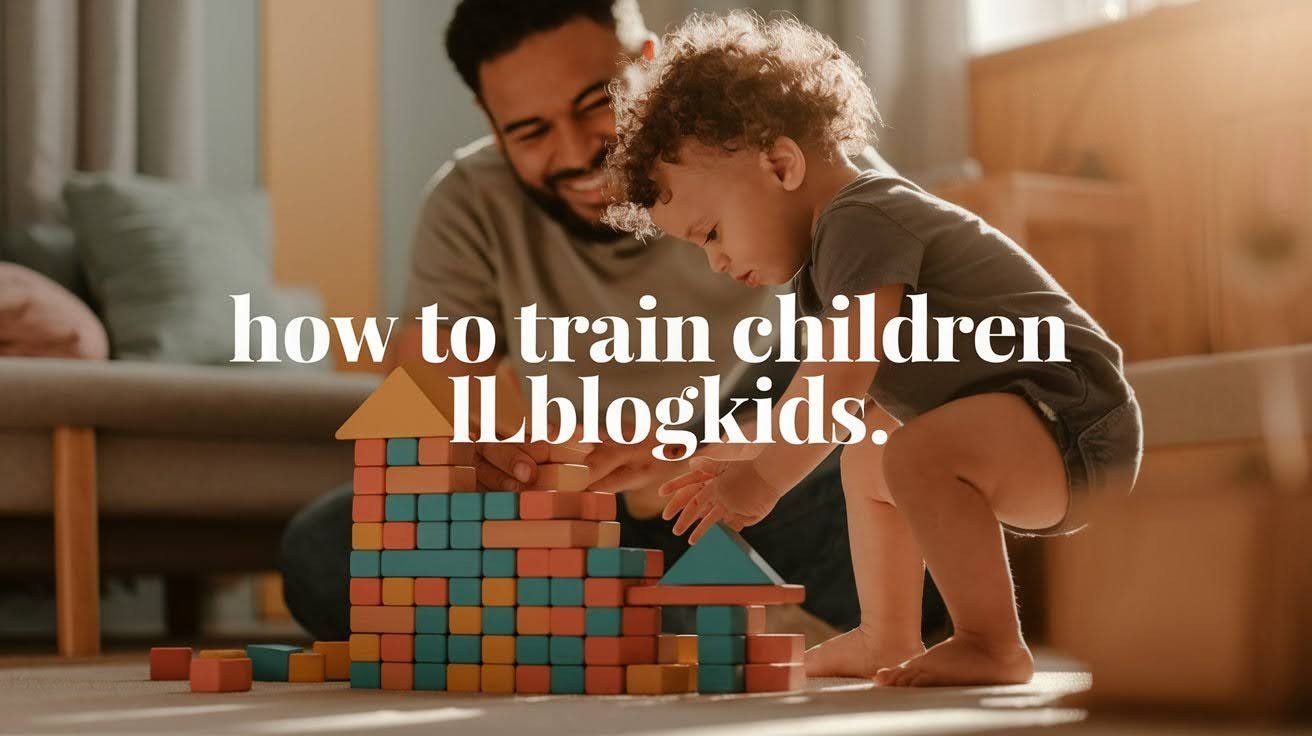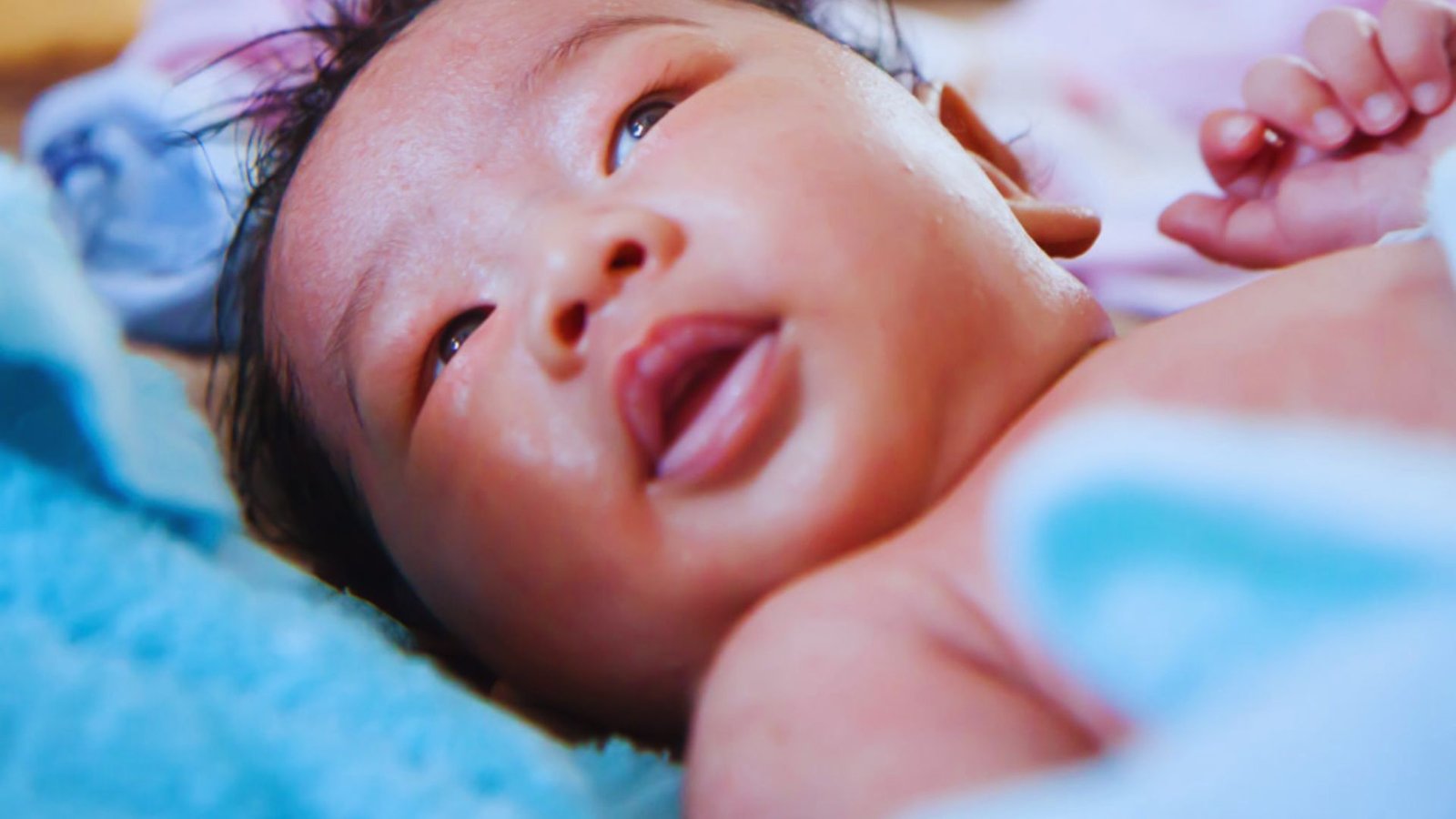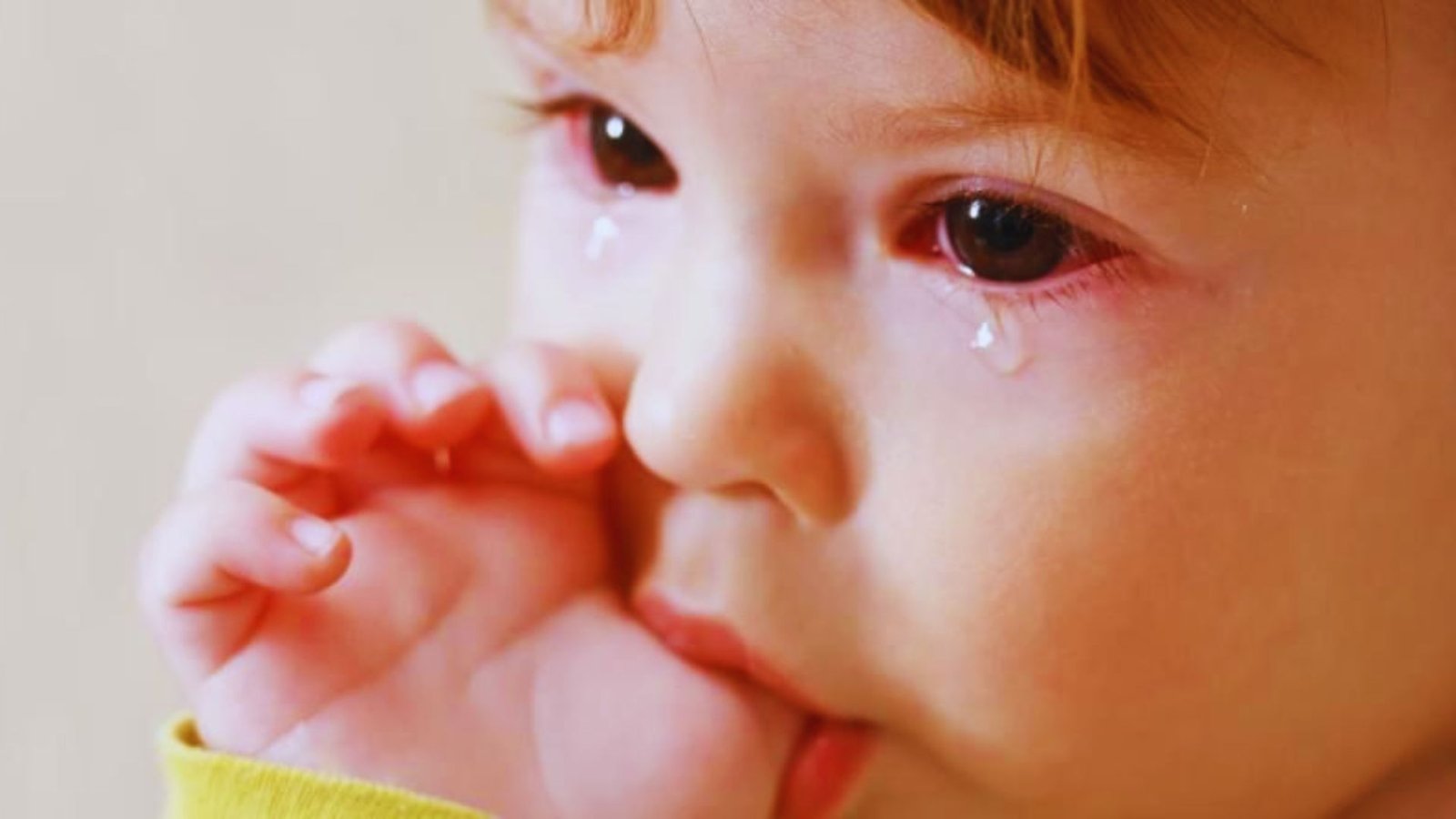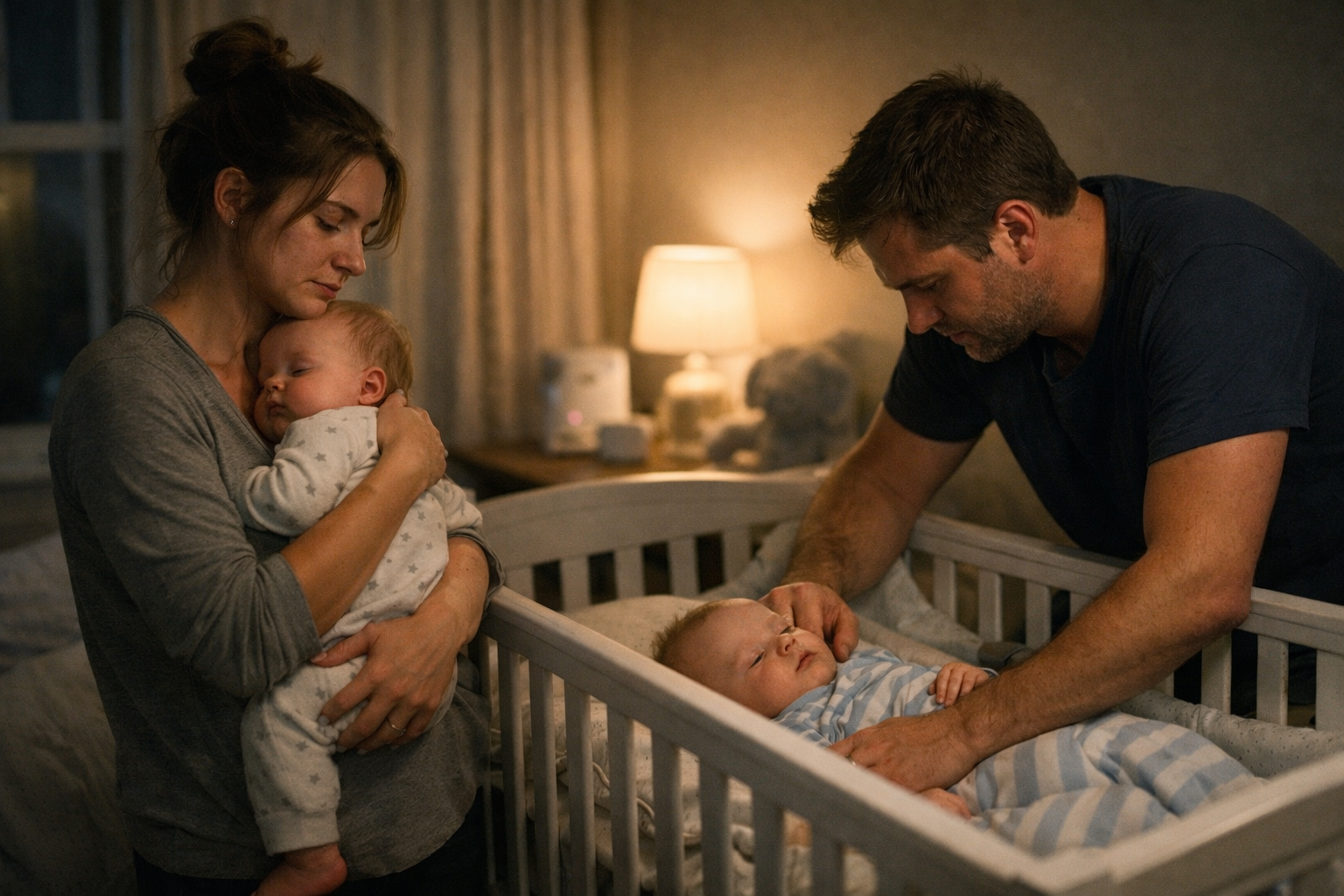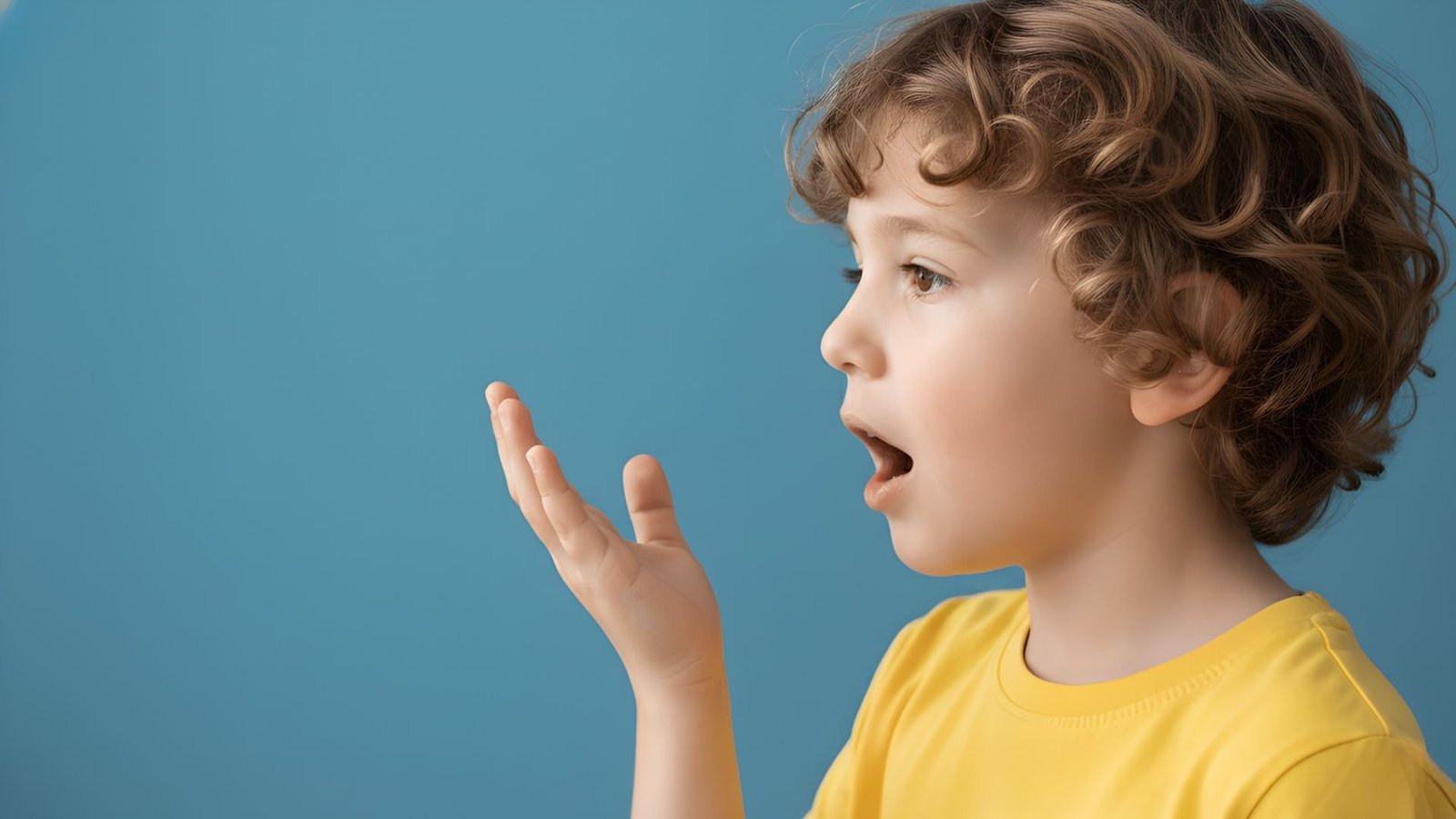Every parent wants their child to succeed in life. But success isn’t just about being smart or talented from birth. The secret lies in teaching children that they can grow, learn, and improve through hard work and practice.
The best way to train children is to build a growth mindset. This means helping them understand that skills and intelligence can grow with effort, practice, and time. When children believe they can get better at things, they try harder and bounce back from mistakes.
This guide will show you how to train children using a simple 4-week plan. You’ll learn to help your child build confidence, handle problems, and develop the skills they need for life.
How to teach children practical life skills?
Teaching children practical life skills starts with simple daily routines. Encouraging them to make their bed, tidy up toys, or organize their school supplies helps them learn responsibility and independence in a manageable way.
Involving children in basic cooking tasks, like washing vegetables or stirring ingredients, teaches essential kitchen skills while promoting safety, patience, and an understanding of nutrition.
Children also benefit from learning money management and social skills. Simple activities like counting allowance, saving coins, or practicing polite communication prepare them for real-world situations and boost confidence.
11 practical life skills to teach your children
Teaching children practical life skills equips them with independence, confidence, and the ability to handle everyday challenges. Here are 11 essential skills to focus on:
Personal Hygiene

Personal hygiene is the practice of keeping the body clean to stay healthy. Simple habits like washing hands, brushing teeth, and bathing regularly help prevent illnesses and the spread of germs.
It also improves physical appearance and comfort. Clean clothes, trimmed nails, and tidy hair make a person feel fresh and confident. Good hygiene keeps the skin, teeth, and hair healthy.
Besides health, hygiene affects social life and self-esteem. Being clean and presentable helps people feel confident and respected, while learning these habits early builds a lifetime of healthy routines.
Dressing Themselves

Learning to dress themselves helps children become independent. Simple tasks like putting on a shirt or shoes teach them to do things on their own.
It also improves their motor skills. Handling buttons, zippers, and laces strengthens hand-eye coordination and dexterity.
Dressing themselves builds confidence and responsibility. Children feel proud when they can get ready alone, and it helps them develop daily routines.
Tidying Up

Tidying up means organizing and putting things in their proper place. It helps keep the home or workspace clean and makes it easier to find things when needed.
Regular tidying teaches children responsibility and discipline. By putting away toys, books, or clothes, they learn to take care of their belongings.
Tidying up also creates a calm and pleasant environment. A clean and organized space reduces stress and helps people feel more focused and comfortable.
Basic Cooking

Basic cooking is the ability to prepare simple meals using everyday ingredients. It helps children and adults learn how to make healthy food for themselves and others.
Learning to cook improves life skills and independence. Following recipes, measuring ingredients, and using kitchen tools safely develop confidence and practical knowledge.
Cooking also encourages creativity and responsibility. It teaches planning, cleanliness, and the importance of balanced meals, while giving a sense of accomplishment when a meal is ready to eat.
Laundry Skills

Laundry skills involve washing, drying, and folding clothes properly. Learning these skills helps children and adults take care of their own clothing and stay clean.
Practicing laundry teaches responsibility and independence. Sorting clothes by color, using the right amount of detergent, and handling delicate fabrics develop carefulness and attention to detail.
These skills also promote organization and cleanliness. Properly cleaned and folded clothes make daily life easier, help maintain hygiene, and give a sense of accomplishment.
Money Management

Money management is the practice of using money wisely to meet needs and save for the future. It involves budgeting, spending carefully, and understanding the value of money.
Learning money management helps children and adults make responsible financial decisions. Counting money, setting limits, and planning purchases teach discipline and practical skills.
Good money management also reduces stress and prepares for the future. Saving regularly and avoiding unnecessary expenses ensures financial security and builds confidence in handling money.
Time Management

Time management is the skill of planning and organizing how to use your time effectively. It helps people complete tasks on schedule and reduces last-minute stress.
Learning time management teaches discipline and prioritization. By setting goals, making schedules, and focusing on important activities, individuals can use their time wisely.
Good time management improves productivity and balance. It allows for work, study, and leisure, helping people feel more in control and less overwhelmed in daily life.
Communication Skills

Communication skills are the ability to express thoughts, ideas, and feelings clearly to others. This includes speaking, listening, and understanding both verbal and non-verbal cues.
Developing communication skills helps build strong relationships. Clear expression and active listening make it easier to connect with family, friends, and peers.
Good communication also boosts confidence and problem-solving. Being able to share ideas effectively and understand others leads to better teamwork, learning, and social interactions.
Problem-Solving

Problem-solving is the ability to find solutions to challenges or obstacles. It involves identifying the issue, thinking of possible options, and choosing the best approach.
Learning problem-solving helps children and adults become independent and confident. It teaches critical thinking, creativity, and decision-making skills.
Good problem-solving skills also improve daily life and relationships. Being able to handle difficulties calmly and effectively reduces stress and leads to better outcomes in school, work, and personal situations.
Basic First Aid

Basic first aid is the knowledge and skills needed to provide immediate care in case of minor injuries or emergencies. This includes treating cuts, burns, bruises, or helping someone who feels unwell.
Learning first aid helps children and adults respond quickly and safely. It teaches how to stay calm, assess situations, and provide appropriate care until professional help arrives.
Good first aid skills can save lives and prevent complications. Being prepared for accidents builds confidence, responsibility, and a sense of security for oneself and others.
Self-Care Skills

Self-care skills are the habits and routines that help a person take care of their physical, emotional, and mental well-being. This includes eating healthy, resting, grooming, and practicing good hygiene.
Learning self-care skills promotes independence and responsibility. When children and adults take care of themselves, they develop confidence and a sense of control over their daily lives.
Good self-care also improves overall health and happiness. Regularly looking after one’s body and mind reduces stress, prevents illness, and helps maintain energy and focus for daily activities.
Conclusion
Training children is about staying consistent, being patient, and showing them the behaviors you want to see. When you focus on effort over talent and mistakes over perfection, you help create kids who believe in themselves.
A growth mindset forms the foundation of lifelong learning and success. Children who learn these skills early develop the confidence to try new things, the strength to handle setbacks, and the kindness to help others along the way.
Parents who follow these steps and make them part of daily life raise children who are confident, capable, and caring. Remember that learning how to train children is a process that takes time, but every small step makes a big difference in your child’s future.
Frequently Asked Questions
How long does it take to see changes in my child’s mindset?
Most parents notice small positive shifts in their child’s thinking within 2-3 weeks of regular encouragement. But remember, building a lasting growth mindset takes months of consistent reinforcement, patience, and daily practice. Stay steady, you’ll see lasting results.
What if my child resists these activities or gets frustrated?
It’s completely normal for kids to resist at first. Begin with playful, short activities and let them pick challenges they enjoy. By keeping it fun and stress-free, you’ll gradually build their confidence and make learning feel natural.
Can I use this approach with children of different ages?
Yes, absolutely! Adjust your approach to each child’s stage. Younger kids respond best to simple games and quick examples, while older children benefit from extended conversations and longer challenges. Adjusting your language ensures every child feels supported.
How do I handle other adults who don’t support a growth mindset?
Focus on creating consistency at home where your influence is strongest. Share your child’s positive progress when possible and gently explain the benefits. By modeling a growth mindset yourself, you encourage others to notice the difference without pressure.
What’s the most important thing to remember when learning how to train children?
Consistency outweighs perfection. Small daily actions like praising effort, reframing mistakes, and modeling growth thinking make the biggest difference. Over time, these habits reshape how your child views challenges, building confidence and resilience that lasts far beyond childhood.

